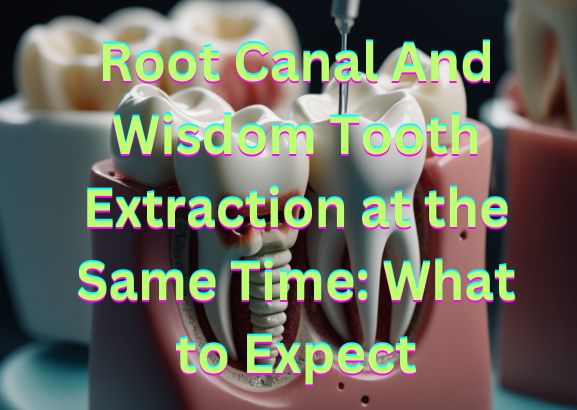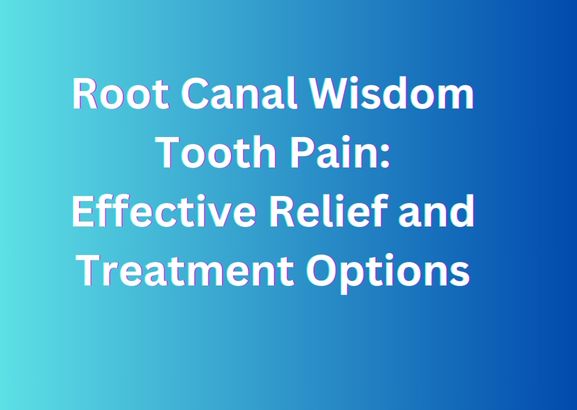Is a Wisdom Tooth Removal Surgery Worth the Pain?
Last Updated on 6 months by DR. ALBIN SIPES
Wisdom tooth removal surgery is a common dental procedure performed to extract problematic third molars. This surgery addresses various dental issues caused by impacted or overcrowded wisdom teeth, such as pain, infection, and orthodontic complications.
Additionally, it can prevent potential damage to adjacent teeth and surrounding tissues. Dentists or oral surgeons typically perform the surgery under local or general anesthesia, depending on the complexity of the case. Although the recovery period varies from patient to patient, proper post-operative care helps minimize discomfort and ensure healing.
Overall, wisdom tooth removal surgery provides relief from dental problems caused by the eruption of these molars at the back of the mouth.

Credit: avenuesmilesphilly.com
Understanding Wisdom Teeth
Wisdom teeth, also known as third molars, are the last set of molars to develop in the mouth. They typically erupt between the ages of 17 and 25. These teeth can cause various problems due to lack of space in the mouth.
Impacted wisdom teeth, which are unable to fully emerge, are a common issue. They can cause pain, infection, and damage to surrounding teeth. Wisdom teeth can also become misaligned and push against other teeth, leading to crowding and alignment issues.
In some cases, cysts or tumors can form around impacted wisdom teeth, causing more serious complications. As a result, many people opt to have their wisdom teeth removed through surgery. It is important to consult with a dentist or oral surgeon to determine the best course of action for your individual situation.
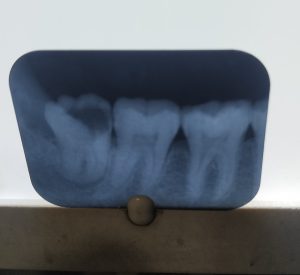
Is Wisdom Tooth Removal Necessary?
Wisdom tooth removal surgery is a commonly recommended dental procedure. However, it is important to consider various factors before deciding on removal. Neglecting to remove wisdom teeth can lead to potential complications like overcrowding, misalignment, and an increased risk of gum disease.
On the other hand, undergoing surgery carries its own set of risks and benefits. Some of the potential risks include pain, infection, and nerve damage, while the benefits include the prevention of future dental issues. It is crucial to consult with a dentist or oral surgeon to evaluate the specific situation and make an informed decision.
Factors such as the position and condition of the wisdom teeth, as well as the individual’s oral health, should be taken into account for optimal dental care.
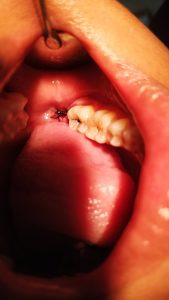
The Process Of Wisdom Tooth Removal
Wisdom tooth removal is a common surgical procedure that involves extracting the third molars. The process begins with a pre-operative assessment and preparation of the patient. Once in the operating room, various anesthesia options are available to ensure the patient’s comfort and pain relief.
These can include local anesthesia, sedation, or general anesthesia, depending on the case and patient’s preferences. Techniques for extracting wisdom teeth may vary but often involve making an incision to access the tooth and removing it either in one piece or by sectioning it.
The extraction site is then cleaned and sutured if necessary. After the procedure, patients are provided with post-operative care instructions for a smooth recovery. Wisdom tooth removal surgery is necessary when the teeth are impacted, causing pain, infections, or other dental problems.
Seeking the expertise of a qualified oral surgeon is crucial for a successful and safe procedure.
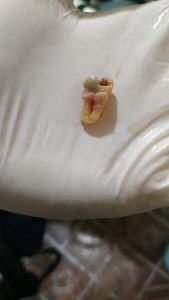
Managing Pain During And After Surgery
Managing pain during and after wisdom tooth removal surgery involves the use of various types of pain medications. These medications help in alleviating the discomfort and pain experienced during the surgical procedure. Commonly used pain medications include opioids, such as codeine or hydrocodone, which work by blocking pain signals in the brain.
Nonsteroidal anti-inflammatory drugs (NSAIDs), like ibuprofen, are also prescribed to reduce inflammation and alleviate pain. Local anesthetics may be administered during surgery to numb the area and provide immediate relief. After the surgery, it is important to follow certain tips for smooth recovery, such as taking prescribed medications as directed, applying ice packs to reduce swelling, avoiding hard and chewy foods, and maintaining good oral hygiene.
These tips can help minimize pain and promote a faster and more comfortable healing process.
Are The Benefits Worth The Pain?
Wisdom tooth removal surgery is a common procedure with long-term benefits for oral health. It helps to prevent future issues such as overcrowding and misalignment of teeth. The surgery can also alleviate pain and discomfort caused by impacted wisdom teeth.
Many individuals have shared positive experiences and express satisfaction with the results. Some may experience temporary discomfort and swelling, but long-term advantages make it worth the pain. Removing wisdom teeth can contribute to a healthier and more aligned smile, ensuring better oral hygiene and overall well-being.
So, if you’re wondering whether the benefits outweigh the temporary pain, the answer is yes.
Alternatives To Wisdom Tooth Removal
Wisdom tooth removal surgery is not always the only solution for managing wisdom tooth-related issues. Non-surgical approaches can be considered as alternatives. Monitoring and observation of wisdom teeth can help determine if they need to be surgically extracted. In some cases, surgical extraction becomes necessary if the wisdom teeth are causing pain, overcrowding, or impacting nearby teeth.
However, before resorting to surgery, there are non-surgical options available to manage the symptoms. These can include the use of pain medications, antibiotics to reduce infections, and oral rinses to alleviate discomfort. Additionally, regular dental check-ups and cleanings can help monitor the condition of wisdom teeth and address any potential issues before they become problematic.
By considering these alternatives, patients can make informed decisions and explore options other than immediate surgery.
Frequently Asked Questions On Is A Wisdom Tooth Removal Surgery?
What Is A Wisdom Tooth Removal Surgery?
Wisdom tooth removal surgery is a dental procedure to extract impacted or problematic wisdom teeth. It is done under local anesthesia by an oral surgeon to minimize pain and discomfort during the procedure.
Why Do I Need A Wisdom Tooth Removal Surgery?
A wisdom tooth removal surgery is needed when the wisdom teeth don’t have enough space to grow properly, causing pain, infection, gum disease, or damaging adjacent teeth. Removing them can prevent future oral health issues.
How Long Does A Wisdom Tooth Removal Surgery Take?
The duration of a wisdom tooth removal surgery depends on the complexity and number of teeth to be extracted. Typically, it takes around 45 minutes to one hour per tooth, but this may vary based on individual cases.
Is Wisdom Tooth Removal Surgery Painful?
During the surgery, the area is numbed using local anesthesia, so you won’t feel any pain. However, some discomfort or soreness might be experienced after the procedure, which can be managed with pain medications prescribed by the dentist.
What Is The Recovery Process After Wisdom Tooth Removal Surgery?
The recovery process varies for each individual, but generally, it takes about 7-10 days to fully recover. You may experience mild swelling, bruising, and discomfort during this time. Following post-operative instructions, such as proper oral hygiene and diet, will promote faster healing.
Conclusion
The decision to undergo wisdom tooth removal surgery should be based on a thorough understanding of the benefits, risks, and individual circumstances. While not all wisdom teeth require extraction, there are several situations where surgery may be necessary to prevent future oral health issues.
Factors such as impacted teeth, jaw discomfort, and the potential for crowding or shifting of other teeth should be taken into consideration. It is crucial to consult with a qualified oral surgeon who can assess your specific dental needs and provide personalized recommendations.
With advancements in dental technology and sedation techniques, the procedure is generally safe and effective. Remember, proper post-operative care and regular dental check-ups are essential for a smooth recovery and long-term oral health. Trust your dentist’s expertise and make an informed decision about wisdom tooth removal to ensure a healthy and pain-free smile.


